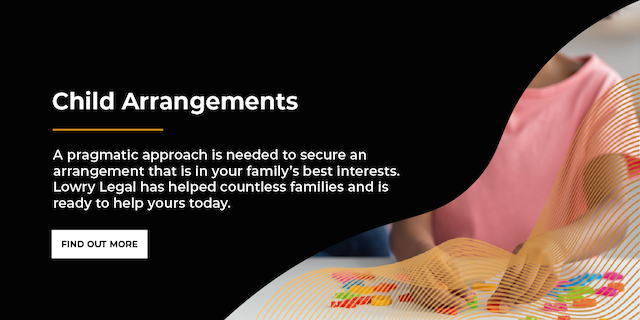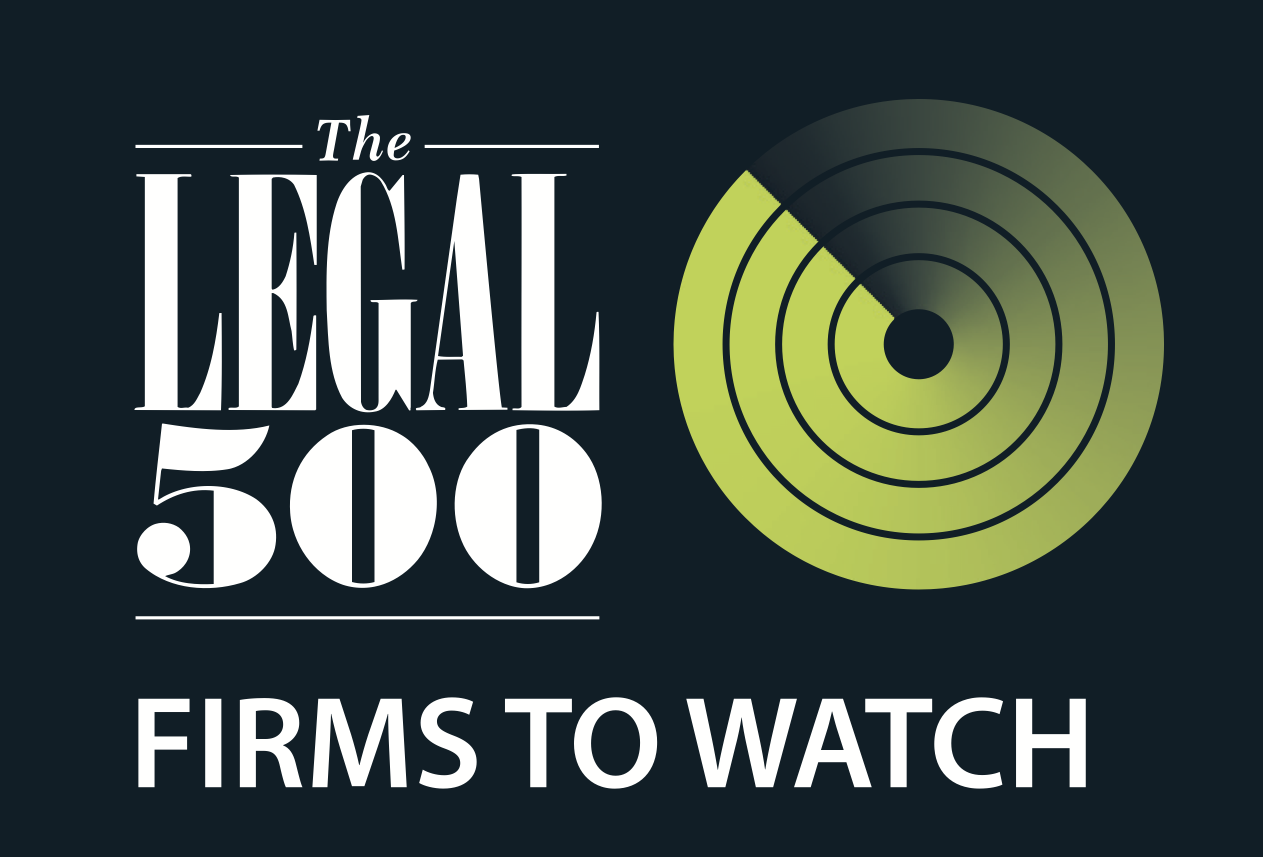
Financial support for children is an often contentious topic that, without help from trusted family law and child maintenance solicitors, can be easily misinterpreted. If you’re going through the divorce or separation process, it’s perfectly natural to have practical questions about what happens next. The reality is that the arrangements you make today could be in place for years to come, so the more you understand child maintenance, the better equipped you’ll be to reach an agreement that is fair for everybody.
In this blog, we’ll be looking into a commonly asked question, ‘Is child maintenance more for high earners?’ to determine whether the implication is rooted more in myth than fact. In order to get to grips with the subject, we’ll take a look at what child maintenance is supposed to cover, who pays it, when it ends, and more.
What is Child Maintenance Supposed to Cover?
Child maintenance is intended to cover the day-to-day living costs of a dependent and is broadly expected to pay for such staple expenses as food, clothing, and household bills. The actual value of the contributions can either be decided voluntarily by separated parents — ideally with the help of recognised divorce and separation lawyers — or can be calculated and administered by the Child Maintenance Service (CMS) using a set formula.
When discussing these payments it can be useful to think about the two former partners/spouses as the paying parent and receiving parent. It’s also important to note that, although we’ve established what the contributions are expected to be spent on, none of the CMS, courts, or your advisers are responsible for deciding how the funds are used by the receiving parent.
The CMS’s primary responsibility is to apply its formula to the paying parent’s income and circumstances in order to work out how much they should contribute each month towards their child’s upkeep.
The CMS formula looks at the following factors:
- Earnings: The income of the paying parent is the main factor
- Pension Payments: Are also seen as an important form of income
- Contact: How often the children stay overnight at the paying parent’s home will be taken into account
- Existing Child Maintenance: Any other child maintenance contributions are also important — even if the children belong to another relationship or household
Ultimately, the receiving parent is not obliged to provide evidence of how monthly contributions are being spent. However, if you are concerned that your child maintenance payments are being in any way misused, or in need of review, you’re strongly advised to contact a specialist child maintenance solicitor as soon as possible.
When Does Child Maintenance End?
Child maintenance generally stops when the dependent reaches the age of 16. However, if the child is in full-time education then payments may continue until they are 20 years old/ the end of university education. Child maintenance can also stop when a parent dies, if the receiving parent is no longer the primary carer, or if the paying parent’s financial circumstances change significantly.

There is a fairly common misconception that child maintenance might end if the receiving parent remarries, starts to earn more money than the payer, refuses contact, or receives extra financial support. None of these scenarios would have any impact on child maintenance.
Ultimately, if you are unsure about any aspect of maintenance, be it the amount you’re currently paying or the implications for a change in your personal circumstances, it’s always advisable to get legal advice. Expert child maintenance solicitors will be able to give you reliable advice on your situation, to ensure that any agreement is both fair and reasonable.
How is Child Maintenance Calculated for High Earners?
As we’ve established, child maintenance is calculated by looking at the non-resident parent’s income, dependents, contact time, and pre-existing child arrangements. However, the CMS calculation is capped at the payer’s gross weekly income of £3,000 per week (£156,000 per year). If necessary, the receiving parent can apply to the courts for a top up order for any income above the £156,000 per year threshold.
Broadly speaking, the courts tend to apply the same CMS formula to any annual income above the £156,000 cap as a starting point. The courts then have the discretion to be able to increase or decrease contributions as they see fit. The courts may ignore the calculation entirely in the following circumstances:
- High Income Receiver: If the resident parent is also a high earner, this will be taken into account
- The Child’s Budget is too Low: If the child’s living costs outstrip the monthly payments, this will be factored into ongoing contributions
- Conflicting Standards of Living: For instance, if one parent has a much more lavish lifestyle than the other — creating a noticeable gulf in living arrangements between the two households — this will be taken into account. The purpose of this is to ensure that the child does not suffer emotionally or practically as a result of the disparity
Generally, the courts will still usually use the CMS calculator as a starting point when considering child maintenance calculations for high earners. You can view the calculator here. If you’re struggling to come to an agreement with a former spouse over finances after separation, it’s strongly advised that you get in touch with family law and child maintenance solicitors to discuss your situation and find out what you are entitled to.
To read more about child maintenance (and dividends) you can find our recent blog here.
Who Pays Child Maintenance?
Contrary to popular myth, child maintenance is certainly not the preserve of high earners. The main purpose of this type of payment is to ensure that non-resident parents of all backgrounds make a reasonable contribution towards the upbringing of their children. These payments can be agreed between the parents themselves, by the CMS, or in a small number of cases, by the courts.
When a relationship or marriage breaks down irretrievably, the situation can be very trying for everyone involved. It is usually particularly difficult for children, who often find themselves at the centre of heated conversations about their wellbeing, financial support, and living arrangements. As is largely the case throughout all divorce processes, the easier former partners can broach these tricky subjects with a collaborative mindset, the quicker they are likely to be resolved.
Recognised child maintenance solicitors will usually encourage parents to come to the table and discuss child maintenance on their own terms. If you’re going through divorce and are struggling to reach an agreement on factors like child arrangements and maintenance, it’s important to retain a focus on what is important. If you can try to work together to achieve a fair outcome, you might also avoid the courts and lay the foundation for a more constructive relationship post-divorce.
Family Law Simplified with Lowry Legal
Lowry Legal is a 360 degree family law firm that has established an impressive reputation for representing clients with significant wealth who are going through divorce. We take pride in helping you resolve the most contentious areas of legal separation, from common issues like finances after separation and child arrangements, through to more complex cases involving high value assets, investments, overseas properties, and more. Although we encourage a collaborative approach, our duty to our clients demands that we offer robust representation in order to ensure the right outcomes.
Everything we do revolves around our core values of offering a holistic service that is both transparent and puts your best interests first. If you’re looking for guidance about child maintenance, we offer a free initial 15 minute consultation to get to the heart of your relationship and help you to understand what is at stake and which strategy is most suitable for you. With a preference for clear, jargon-free communication and a practical mindset, you can rest assured that everything we do will be clear and designed with you in mind.
To speak to a specialist child maintenance solicitor, contact us today, or email enquiries@lowrylegal.co.uk.










